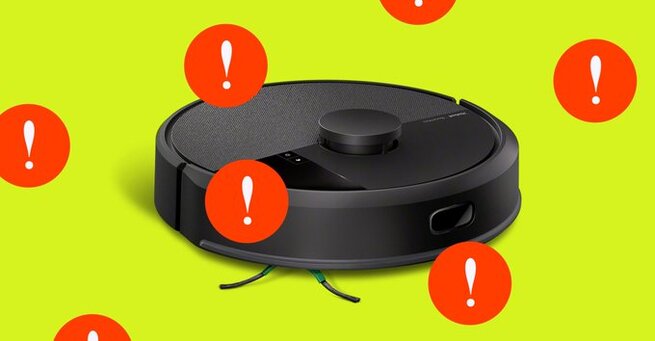
iRobot debt crisis: Struggling to stay afloat
iRobot, the maker of the popular Roomba robot vacuum, is facing a challenging financial future. The company’s latest quarterly earnings reveal a 23 percent revenue drop to $127.6 million, despite launching a brand-new product line. Sales in key markets like the US and Europe have been hit hardest, adding pressure to an already difficult situation. With increasing competition and debt weighing heavily, iRobot’s future is uncertain.
New products fail to boost growth
While iRobot introduced fresh innovations this year, CEO Gary Cohen admitted the company fell short of its goals due to market headwinds and delays in scaling production. Customer interest has been “encouraging,” but the slow rollout of new devices meant sales momentum never fully materialized. In a crowded smart home market, timing and scale are critical—two factors that have hindered iRobot’s recovery.
Competition and failed acquisition worsen challenges
A major setback for iRobot came when a planned sale to Amazon fell through, leaving the company without a lifeline and deep in debt. At the same time, competition from Chinese manufacturers has intensified, offering consumers more affordable robot vacuum options. This has eroded iRobot’s market share in both the US and Europe, turning once-profitable regions into significant challenges.
Uncertain future and possible sale
Earlier this year, Cohen warned that without major changes, iRobot could be forced to shut down within 12 months. The company is now exploring “strategic alternatives,” which may include finding a buyer to stabilize operations. As debt continues to mount and market conditions remain tough, the coming months will be crucial in determining whether iRobot can regain its footing or face an abrupt end.
𝗦𝗲𝗺𝗮𝘀𝗼𝗰𝗶𝗮𝗹 𝗶𝘀 𝘄𝗵𝗲𝗿𝗲 𝗿𝗲𝗮𝗹 𝗽𝗲𝗼𝗽𝗹𝗲 𝗰𝗼𝗻𝗻𝗲𝗰𝘁, 𝗴𝗿𝗼𝘄, 𝗮𝗻𝗱 𝗯𝗲𝗹𝗼𝗻𝗴. We’re more than just a social platform — from jobs and blogs to events and daily chats, we bring people and ideas together in one simple, meaningful space.